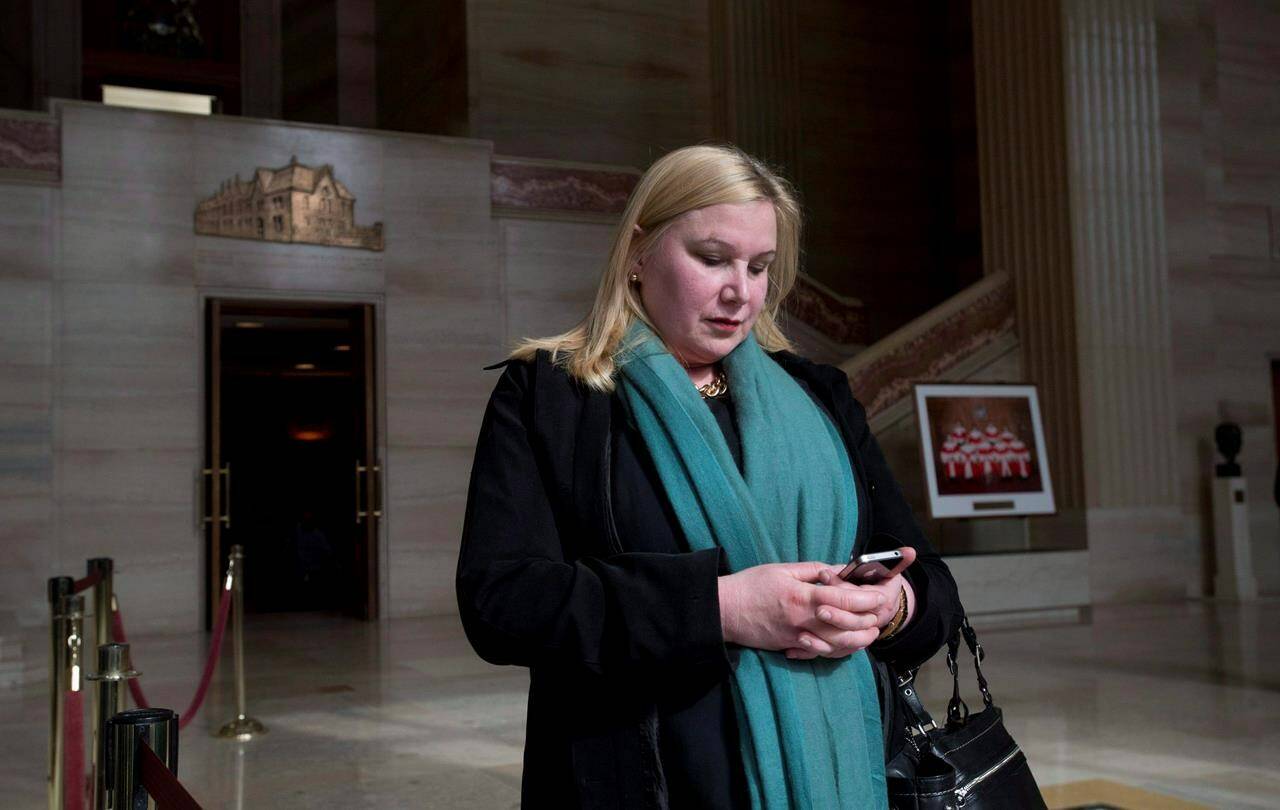An umbrella group of gun-control advocates says any exceptions to the federal handgun freeze should be very narrowly defined.
Wendy Cukier of the Coalition for Gun Control told the House of Commons public safety committee Tuesday it is important that exemptions do not become the rule.
The Liberal government has enacted a regulatory freeze on importing, buying, selling or otherwise transferring handguns, in order to help stem firearm-related violence — measures to be reinforced through legislation.
The government says effectively capping the number of handguns in Canada will make people safer, noting they were the most serious weapon present in most firearm-related violent crimes between 2009 and 2020.
Businesses could still sell to exempted individuals, including elite sport shooters who compete or coach in handgun events recognized by the international Olympic or Paralympic committees.
Representatives of the International Practical Shooting Confederation asked MPs studying the bill to broaden the exemption to include participants in their competitions.
Unlike more traditional competitions, IPSC matches can involve firing on the move at stationary and mobile targets, and trying to be quick between shots when reloading or drawing from a holster.
The confederation’s Jim Smith said the bill “will result in a slow demise for our sport in Canada. Having no new athletes introduced to replace the existing competitors, and the inability to replace equipment as it wears out will result in the end of our sport over time.”
Cukier told MPs the exemptions should be limited to Olympic-level athletes, with a requirement that such shooters show they are entitled to use a handgun.
“I really think that we have to make a choice between hobbies and our children’s lives. I see it that starkly. And so I think any exemptions that are provided need to be very narrowly defined,” she said.
“It’s simply not true that all gun violence is a function of smuggled guns — the facts do not support that.”
Liberal MP Pam Damoff asked Smith about the possibility of the confederation becoming the new gateway to handgun ownership in Canada, effectively circumventing the freeze if it were granted an exemption.
“I guess that would be an issue of trust,” Smith said, adding that in order to take part in IPSC, competitors must take a training course and participate regularly or risk losing their qualification.
The bill would also create a new “red flag” law allowing courts to require that people considered a danger to themselves or others surrender their firearms to police.
The government says the measure would guard the safety of those applying through the process, often women in danger of domestic abuse, by protecting their identities.
Cukier criticized the notion of making people go to court for an emergency order, noting the system already allows for a firearm to be taken away from someone who poses a danger.
“What we don’t have are the provisions that require that to be done,” she said.
Two years ago, the government announced a ban on over 1,500 models and variants of what it considers assault-style firearms such as the AR-15. The Liberals plan a mandatory buyback program to offer compensation to affected owners and businesses.
However, supporters of the ban have expressed concern about manufacturers evading the measures.
Cukier said the legislation should be amended to include an evergreen definition of an assault-style firearm.
RELATED: Federal freeze on buying, selling handguns now in effect, says public safety minister
RELATED: Handguns present in majority of firearm-related violent crimes, says StatCan report

